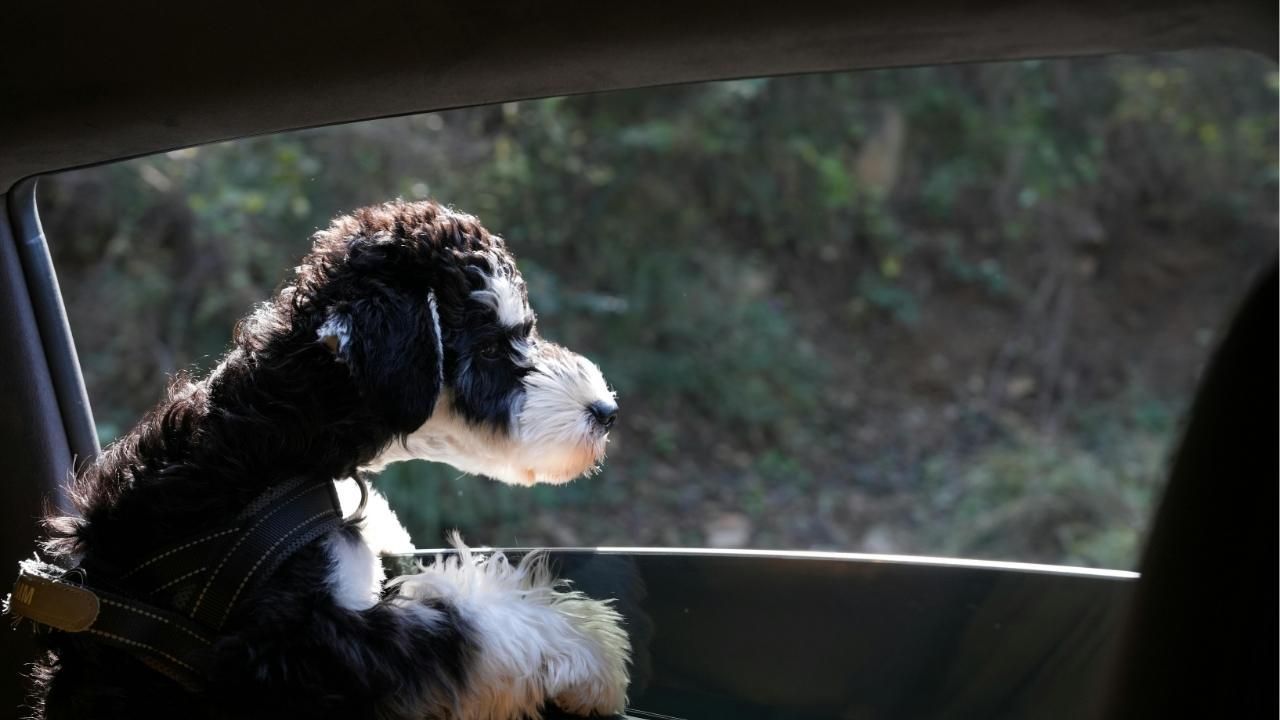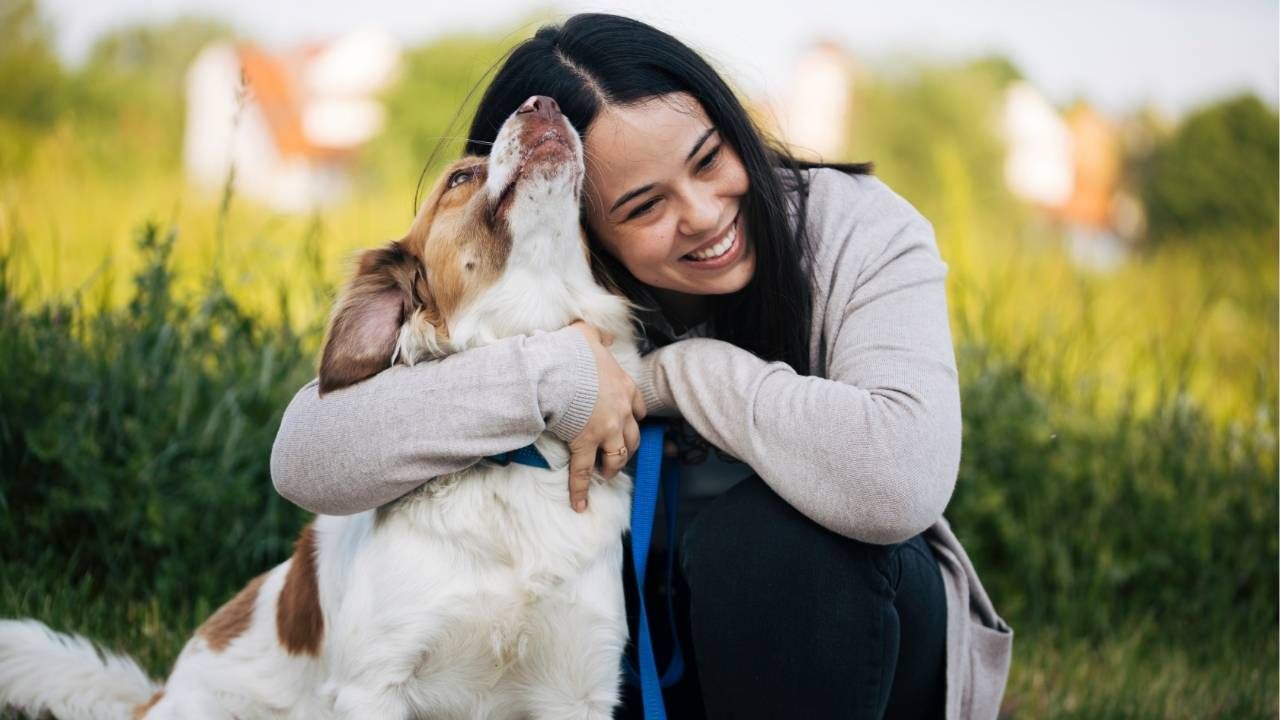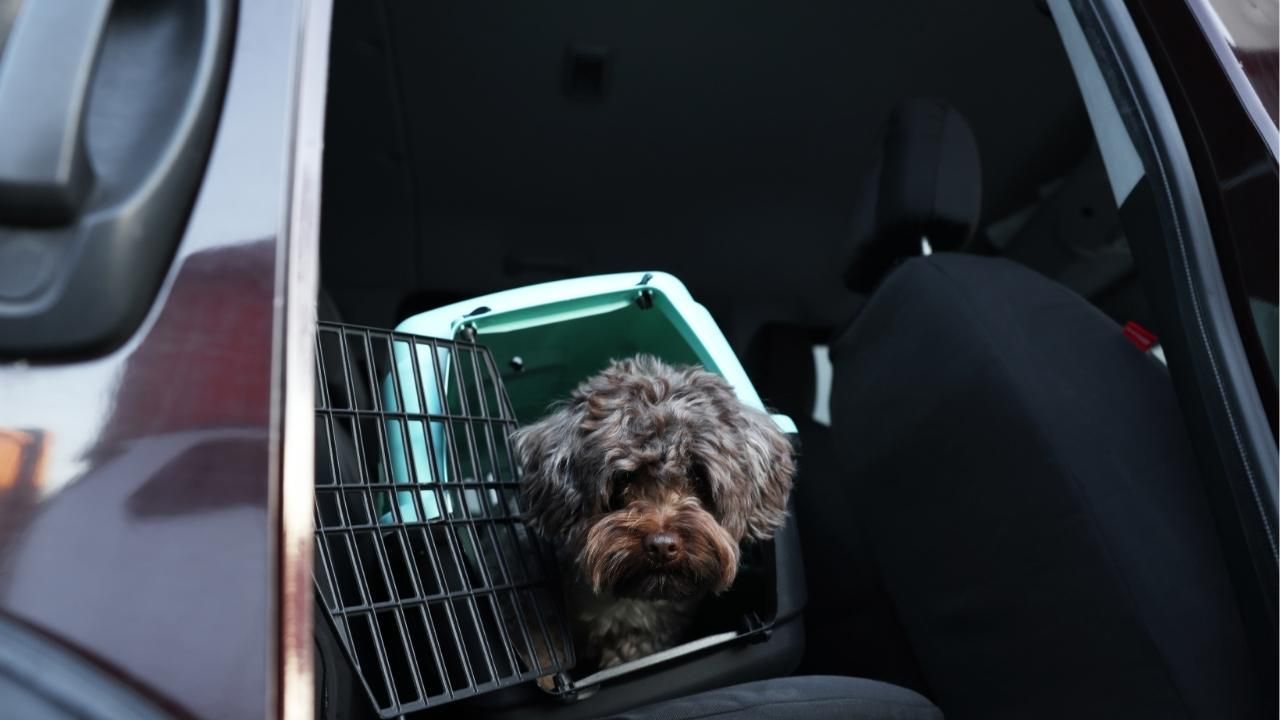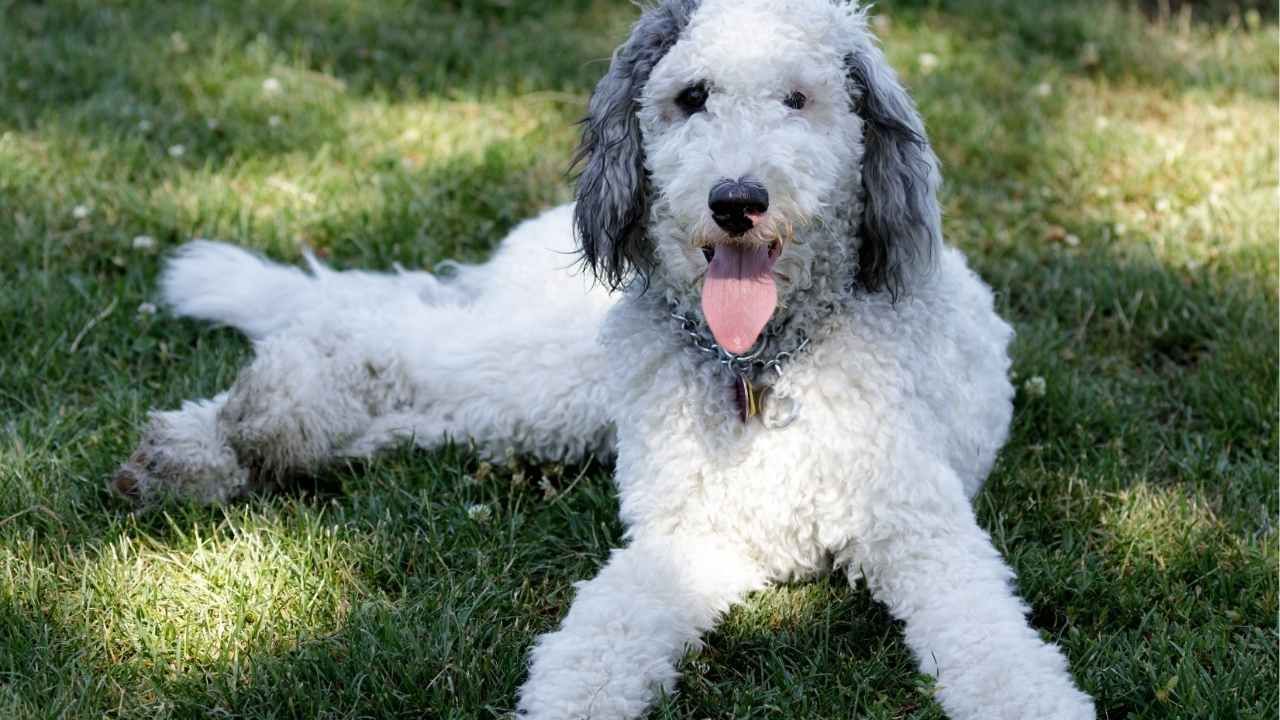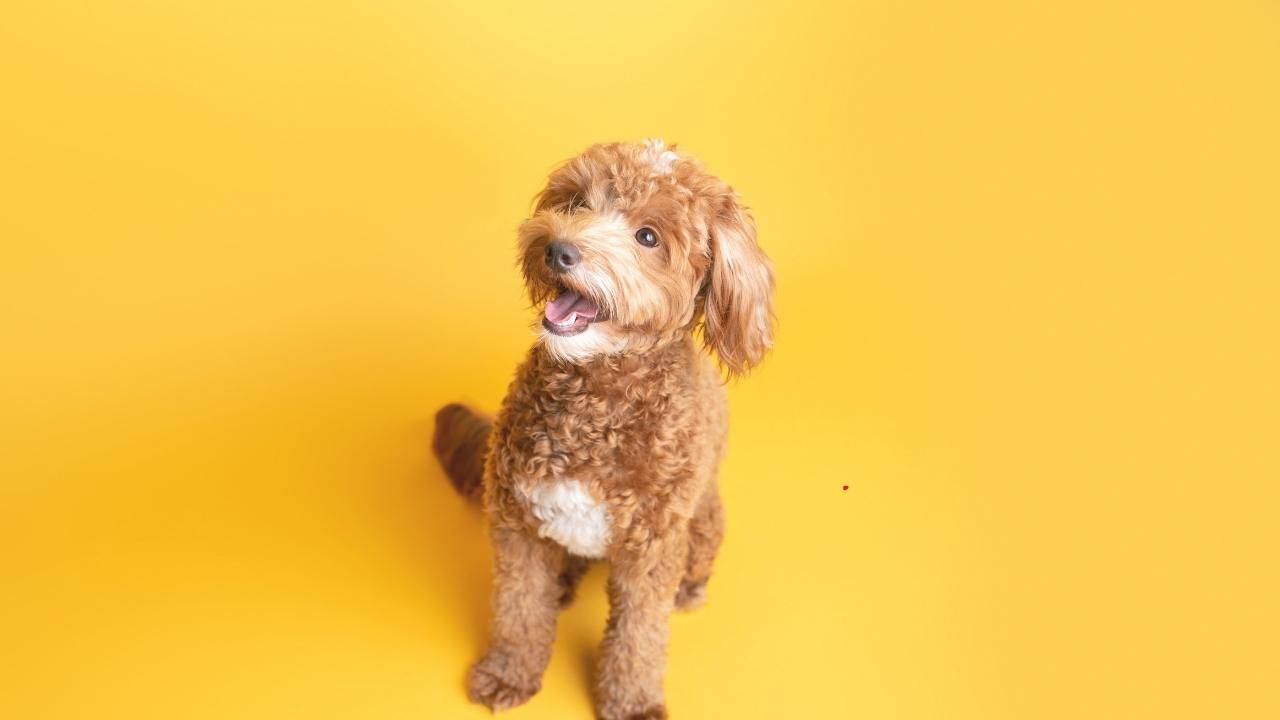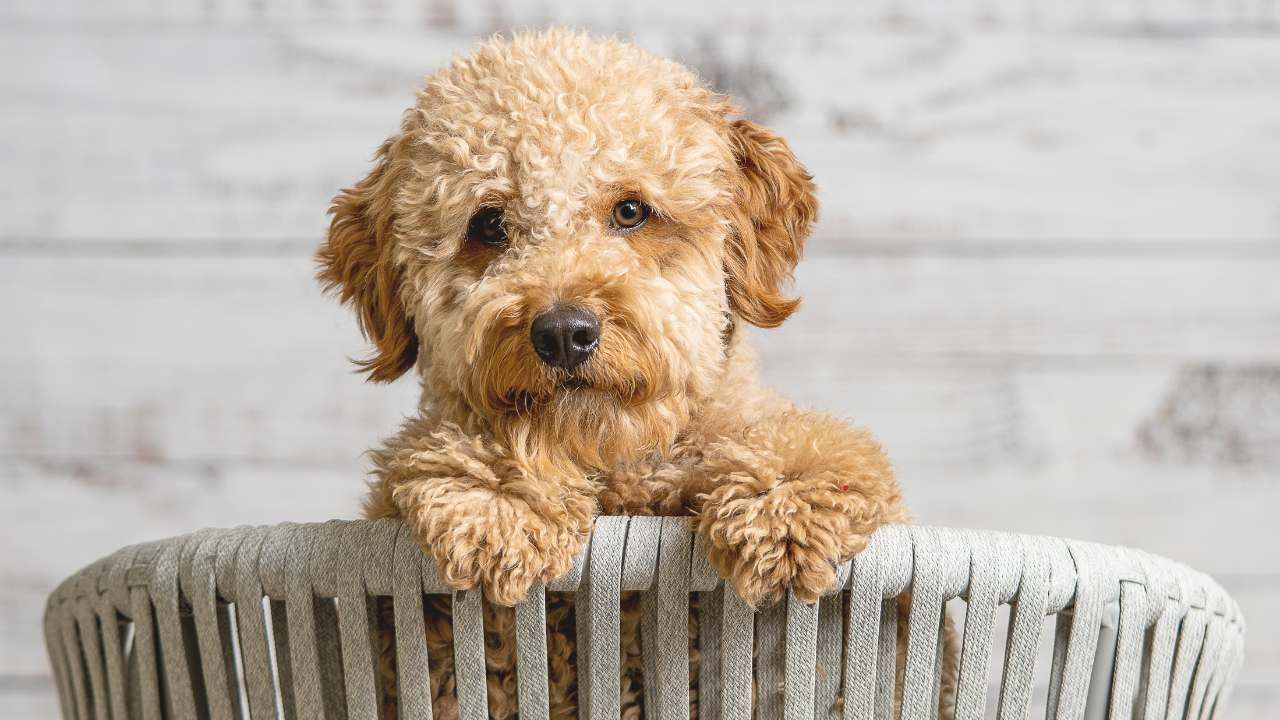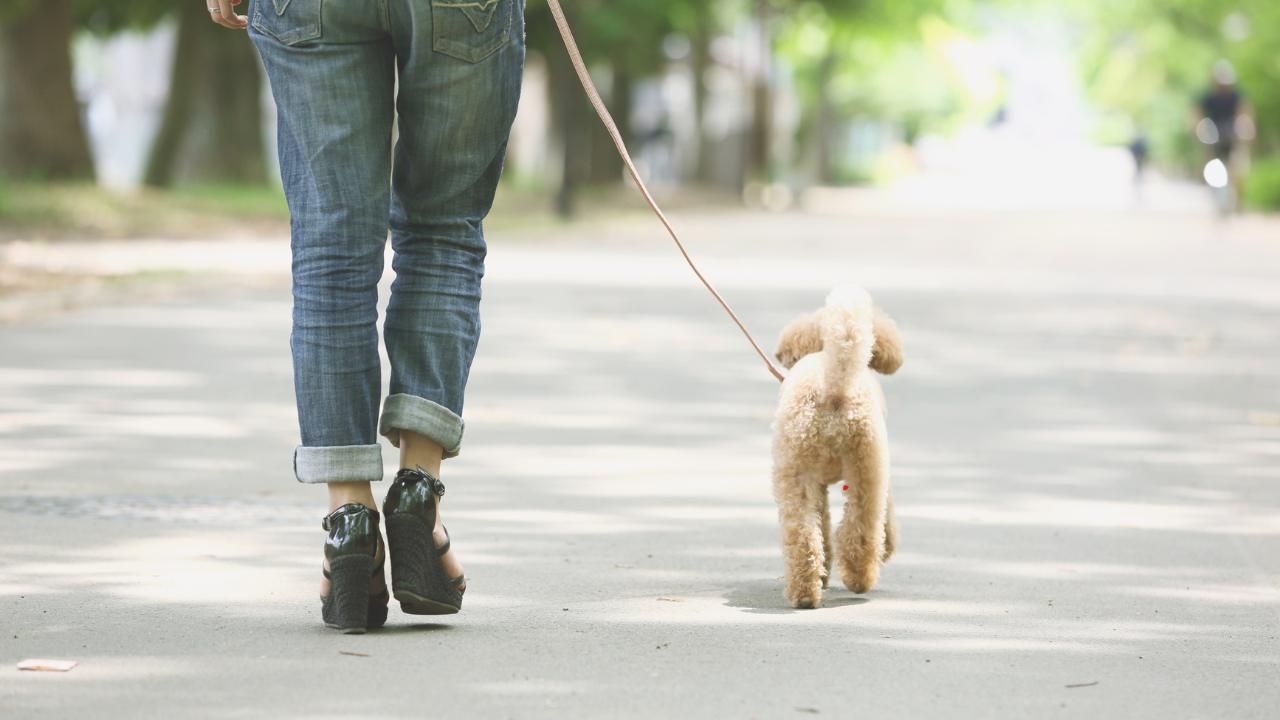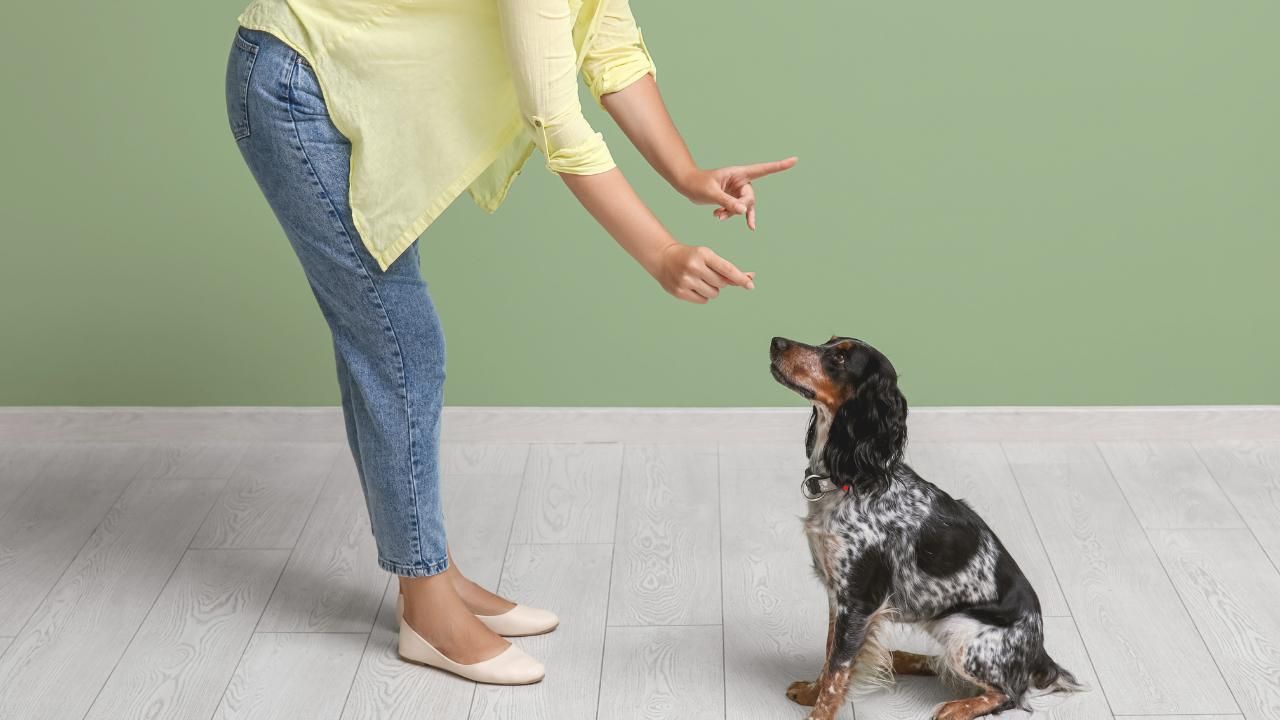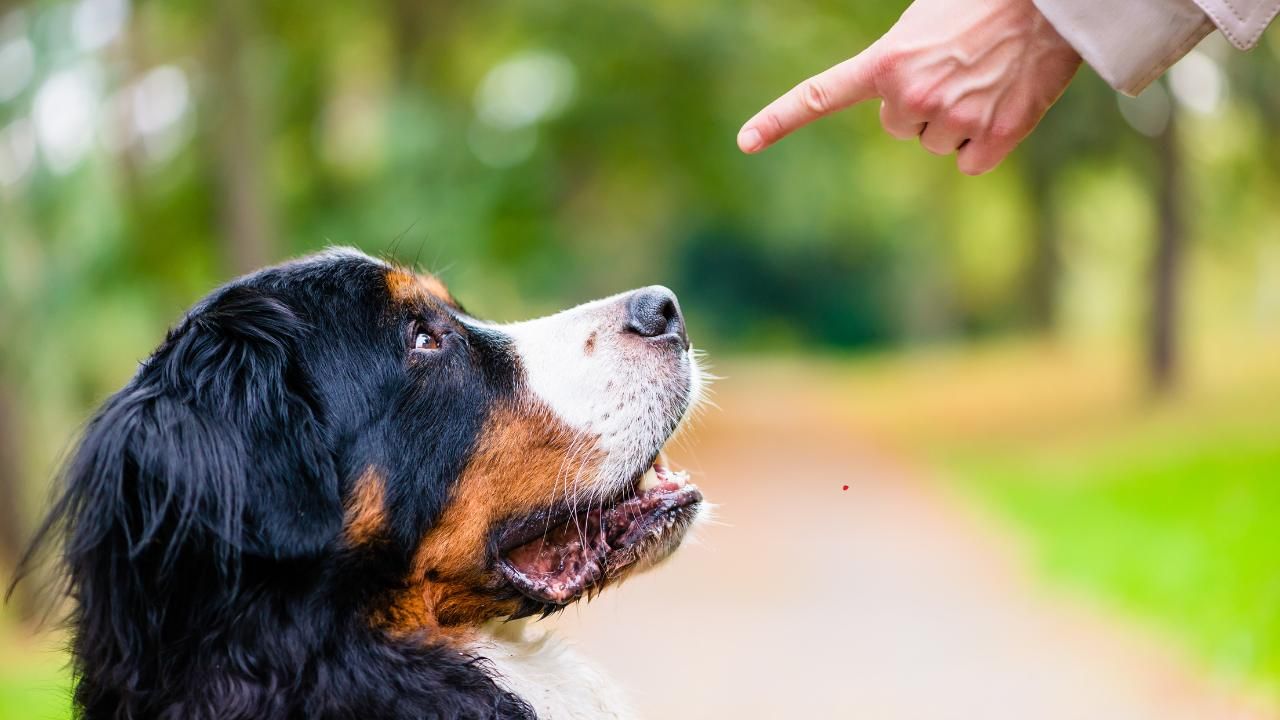How to Socialize Puppies for a Well-Adjusted Adult Dog
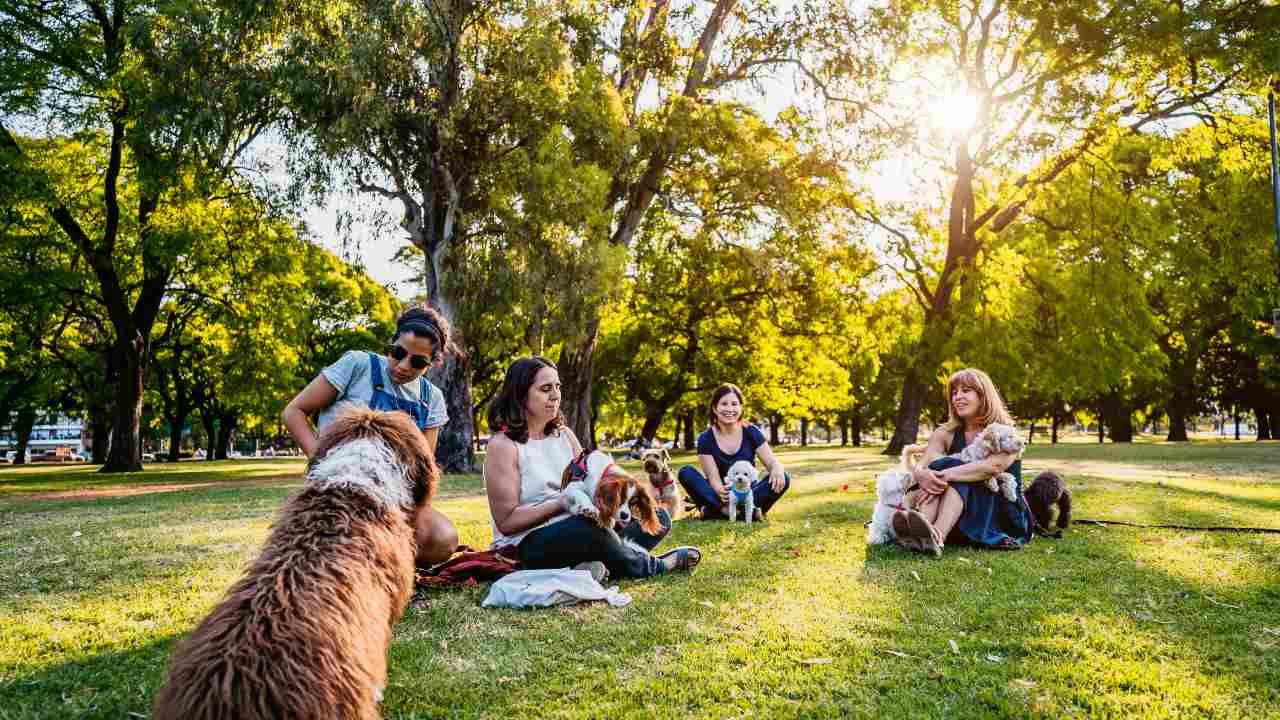
Bringing a puppy into your home is an exciting and rewarding experience. However, raising a well-behaved, confident, and friendly dog requires more than just feeding and training—it requires proper socialization. A well-socialized puppy grows into a dog that is comfortable around people, other animals, and new environments. Without it, they may develop anxiety, aggression, or fear-based behaviors.
If you’re wondering how to properly socialize your puppy to ensure they become a well-adjusted adult dog, this guide will walk you through essential steps.
Why Socialization Matters
Socialization is the process of exposing puppies to different people, places, sounds, and experiences during their early development. The critical socialization period is between 3 to 14 weeks of age, making it crucial to introduce them to various situations before they become fearful of the unknown.
Proper socialization helps puppies:
- Develop confidence in new situations
- Reduce fear-based behaviors
- Become more adaptable to change
- Interact well with people and other animals
- Avoid excessive barking or aggression
Skipping socialization or doing it incorrectly can result in a nervous, reactive, or overly shy adult dog.
Key Steps to Socializing Your Puppy
1. Introduce Your Puppy to a Variety of People
Exposing your puppy to different types of people—men, women, children, and elderly individuals—helps them become comfortable around all kinds of humans. Encourage visitors to interact with your puppy in a gentle, positive way. Let the puppy approach at their own pace rather than forcing interactions.
Consider taking them to pet-friendly stores, outdoor cafes, or parks where they can observe people from a safe distance before engaging with them.
2. Expose Them to Different Environments
A dog that only experiences life inside a home may struggle with new situations later. Take your puppy to various locations such as:
- Parks and walking trails
- Car rides
- Pet-friendly shops
- Sidewalks with traffic noises
- Different flooring surfaces (grass, tile, concrete, sand)
Gradually increase their exposure to ensure they don’t feel overwhelmed. Pair new experiences with treats and praise to create positive associations.
3. Socialize with Other Dogs
Well-balanced dogs know how to read and respond to other canines appropriately. Arrange puppy playdates with vaccinated, well-mannered dogs to teach your puppy proper play behavior.
If possible, enroll them in a puppy socialization class, where they can interact with other young dogs in a controlled environment. Always supervise these interactions to ensure play stays friendly and non-aggressive.
4. Introduce New Sounds and Objects
Loud noises like vacuum cleaners, thunderstorms, fireworks, or traffic sounds can scare an unsocialized puppy. Gradually expose them to different sounds at a low volume while offering treats and praise. This helps them learn that strange noises are nothing to fear.
Additionally, introduce them to unusual objects like umbrellas, hats, bicycles, and strollers. Let them sniff and explore at their own pace to build confidence.
5. Handle Your Puppy Often
Veterinary visits and grooming sessions will be part of your dog’s life, so it’s essential to get them used to being handled. Gently touch their paws, ears, and mouth to prepare them for nail trims, ear cleanings, and dental care.
Practice positive reinforcement by rewarding them with treats and praise when they remain calm during handling. This helps reduce stress during vet exams and grooming appointments.
Case Studies: How Early Socialization Shaped Well-Behaved Dogs
Many dog owners have seen remarkable improvements in their pets’ behavior through proper early socialization.
One family adopted a puppy that was introduced to different people, sounds, and handling from an early age. As a result, their dog remained calm and confident at the vet, easily accepted grooming, and interacted well with guests and other dogs.
Meanwhile, another owner adopted a rescue puppy that lacked early socialization. With gradual exposure to new environments and supervised dog interactions, the once-nervous pup became more relaxed and friendly, learning to trust both humans and other pets.
What If You Missed the Socialization Window?
If your puppy is older than 14 weeks and hasn’t been properly socialized, don’t worry—it’s still possible to help them adjust. Slow and steady exposure is key. Introduce them to new experiences at their own pace and avoid overwhelming them. Professional training or working with an experienced dog behaviorist can also help.
Finding a Well-Socialized Puppy
If you’re looking for a puppy that has already been introduced to proper socialization techniques, consider reputable breeders or training programs. Some organizations specialize in raising puppies with early socialization to ensure they grow into confident, well-adjusted dogs.
For those searching for fully trained dogs for sale in Arizona, it’s important to choose breeders who prioritize socialization from a young age. Doodling Pups, LLC focuses on raising puppies in enriching environments to set them up for success. Before bringing a puppy home, ask about their current litters and what socialization techniques have been implemented. Interested in learning more about our well-trained dogs? Contact us today to discuss our available litters and training programs.
Final Thoughts
A well-socialized puppy is more likely to become a friendly, confident, and well-mannered adult dog. By exposing them to different people, places, and experiences during their early weeks, you set the foundation for a lifetime of positive behavior.
Start socializing your puppy today, and watch them grow into a loving, adaptable companion!

